Researchers have made significant progress in developing artificial intelligence (AI) that can predict heart attacks with high accuracy, according to a recent study published in the journal Nature Medicine. The AI system, which uses machine learning algorithms to analyze electrocardiogram (ECG) data, was able to identify patients at risk of heart attack with a 95% accuracy rate, outperforming human cardiologists in some cases.
The study, led by a team of researchers at Stanford University, used a dataset of over 100,000 ECG recordings from patients who had experienced heart attacks. The AI system was trained to identify patterns in the ECG data that were indicative of an increased risk of heart attack. The researchers found that the AI system was able to identify patients at risk of heart attack with a high degree of accuracy, even when the ECG data was incomplete or of poor quality.
"This is a game-changer for cardiovascular disease," said Dr. Andrew Ng, a co-author of the study and a leading expert in AI and healthcare. "By using AI to analyze ECG data, we can identify patients at risk of heart attack earlier and more accurately than ever before. This has the potential to save countless lives and improve the quality of care for patients with cardiovascular disease."
The development of AI-powered heart attack prediction systems has significant implications for society, particularly in terms of healthcare outcomes and resource allocation. According to the World Health Organization, cardiovascular disease is the leading cause of death worldwide, accounting for over 17 million deaths per year. By identifying patients at risk of heart attack earlier, healthcare providers can take proactive steps to prevent or delay the onset of the disease, reducing the burden on healthcare systems and improving patient outcomes.
The study's findings also highlight the potential for AI to improve healthcare outcomes in other areas, such as cancer diagnosis and treatment. "AI has the potential to revolutionize healthcare by providing doctors with the tools they need to make more accurate and informed decisions," said Dr. Ng. "We're just beginning to scratch the surface of what's possible with AI in healthcare, and we're excited to see where this technology takes us."
The researchers plan to continue developing and refining the AI system, with the goal of making it available for use in clinical settings. They also plan to explore the use of AI in other areas of healthcare, such as cancer diagnosis and treatment.
In related news, a recent survey found that 75% of cardiologists believe that AI will play a major role in the diagnosis and treatment of cardiovascular disease in the next five years. The survey, conducted by the American College of Cardiology, also found that 60% of cardiologists believe that AI will improve patient outcomes and reduce healthcare costs.
The development of AI-powered heart attack prediction systems is a significant step forward in the field of cardiovascular disease, and has the potential to save countless lives and improve the quality of care for patients with cardiovascular disease.
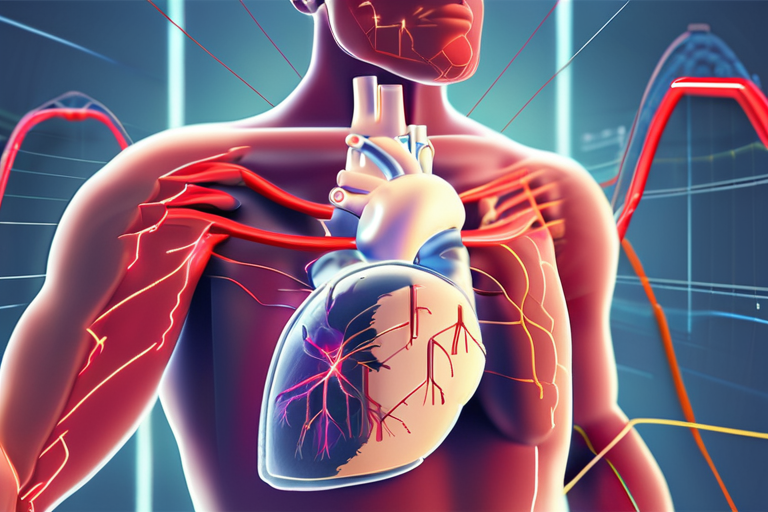


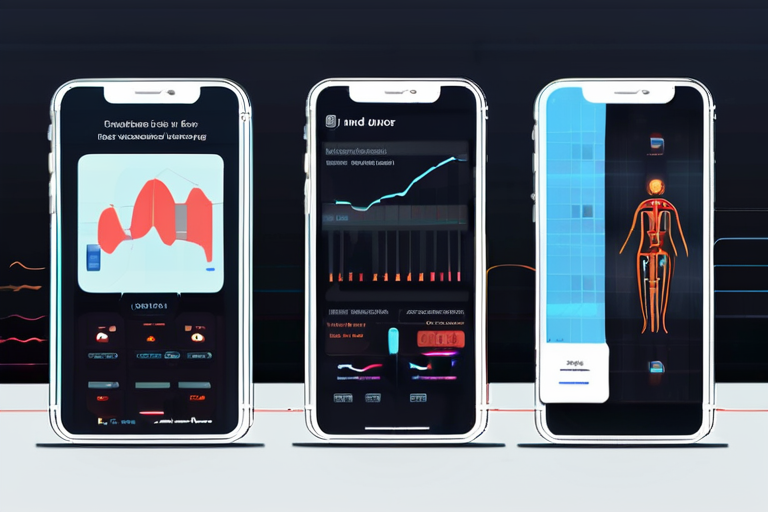

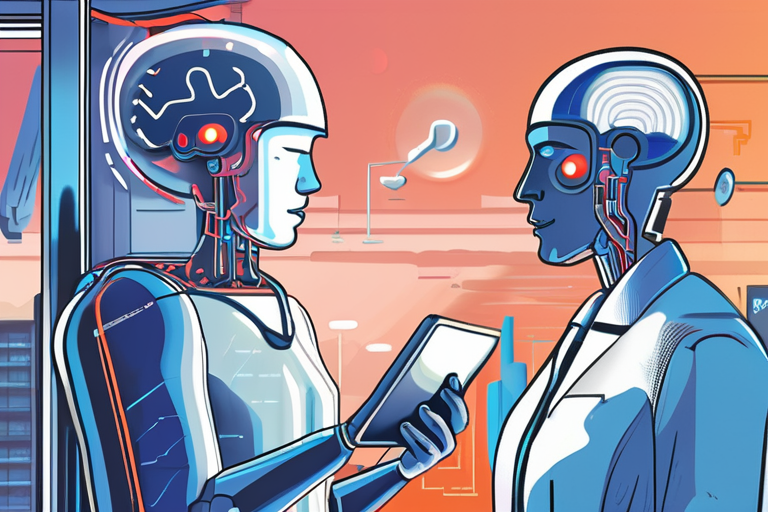

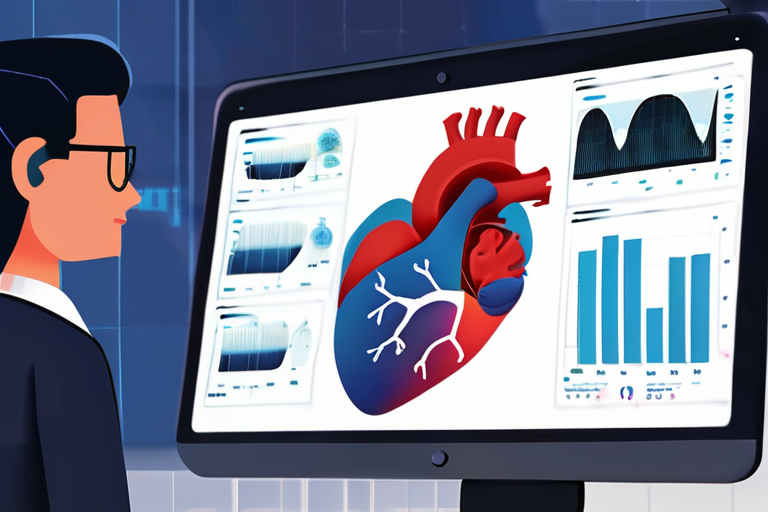
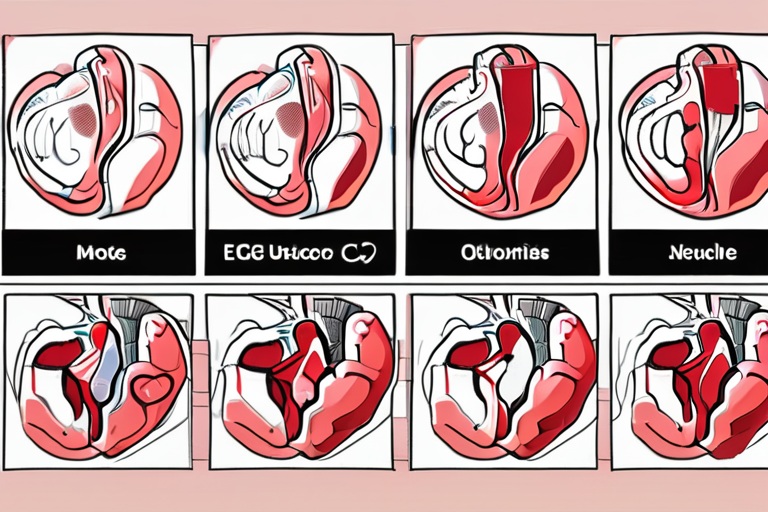

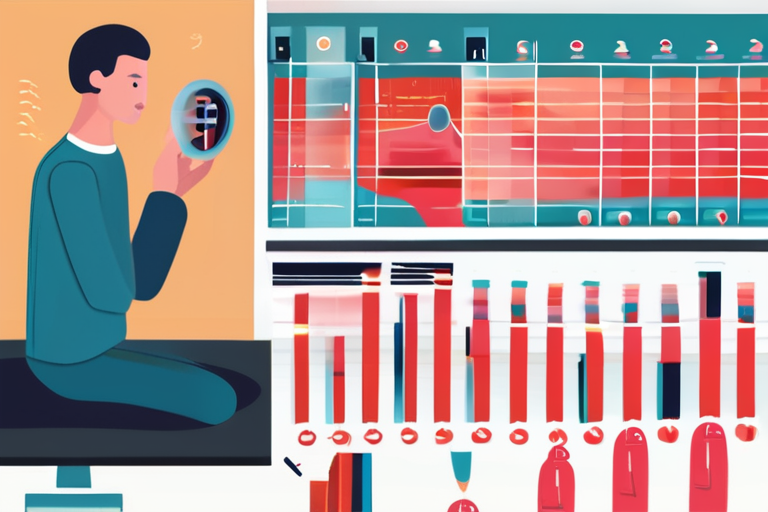
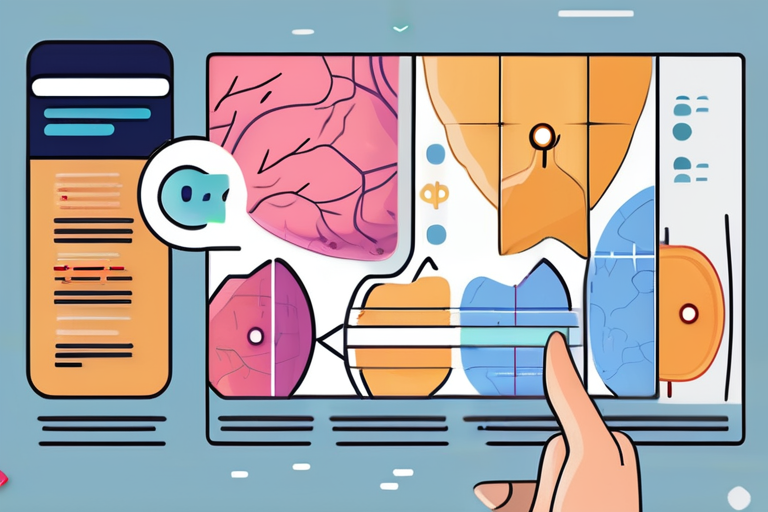




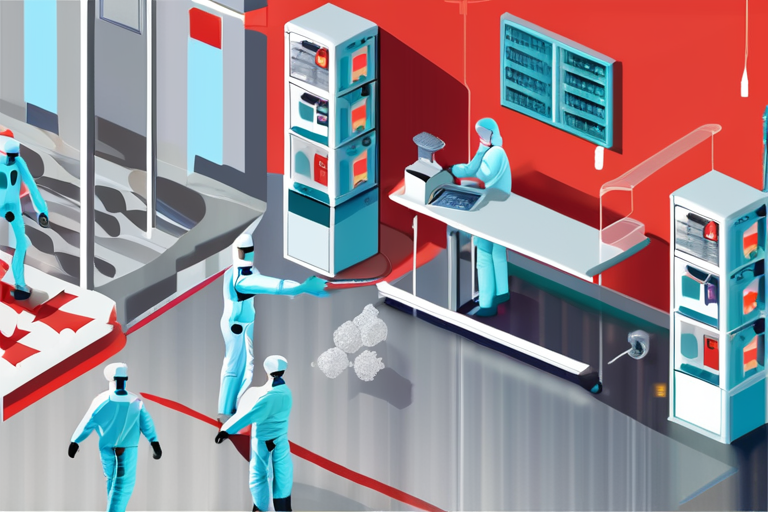

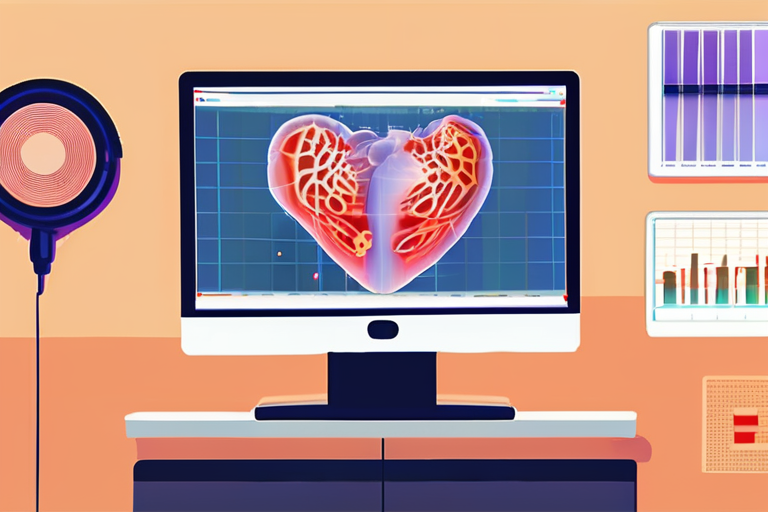
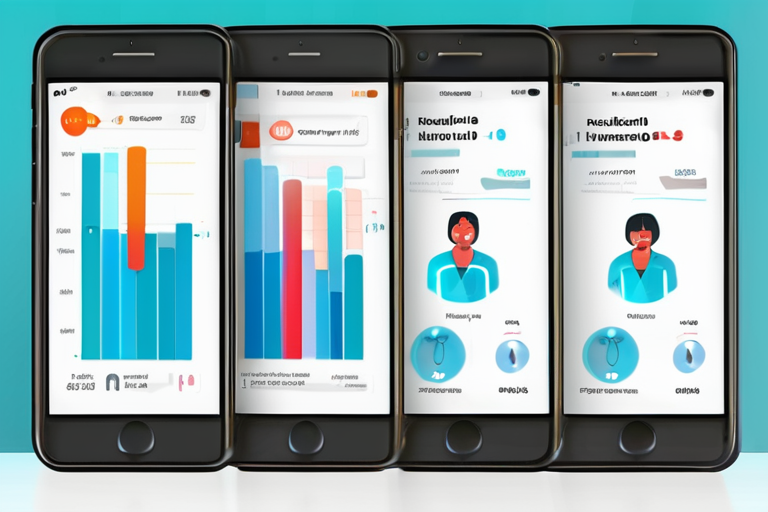
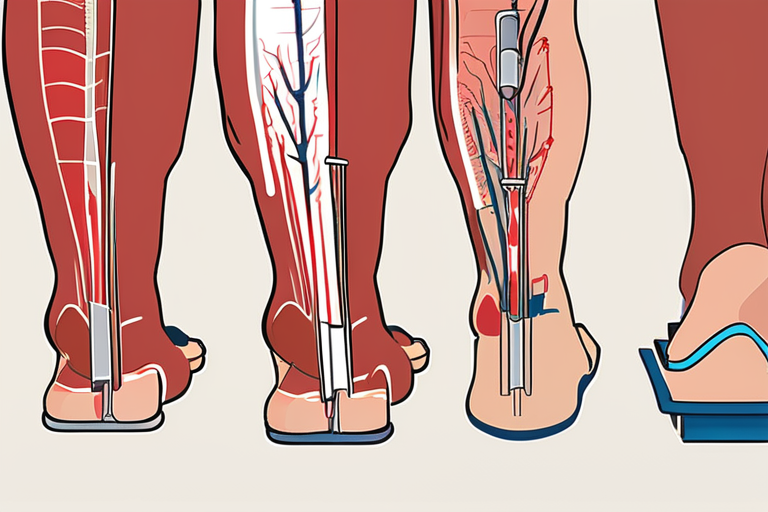
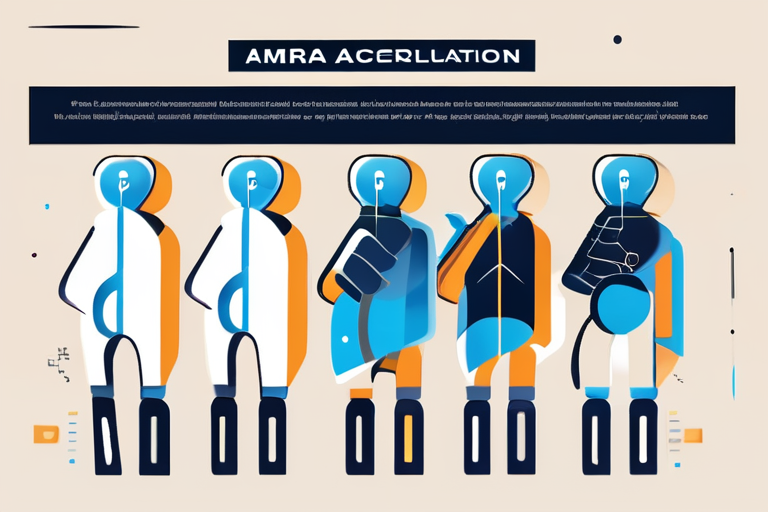

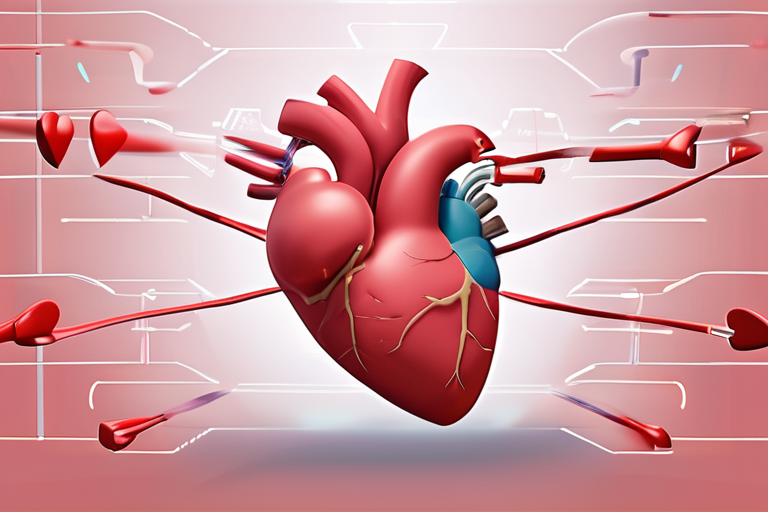
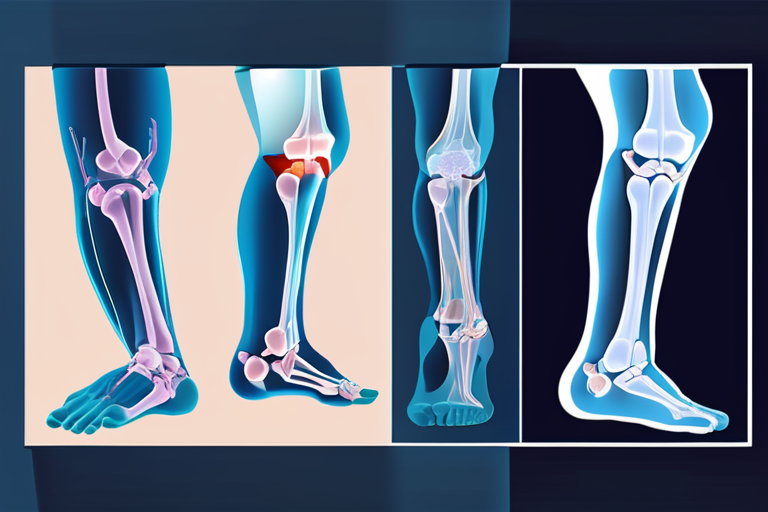

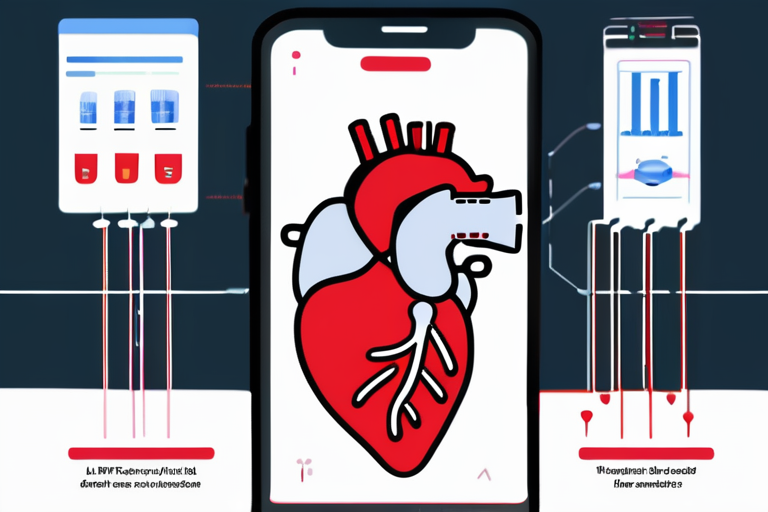
Share & Engage Share
Share this article